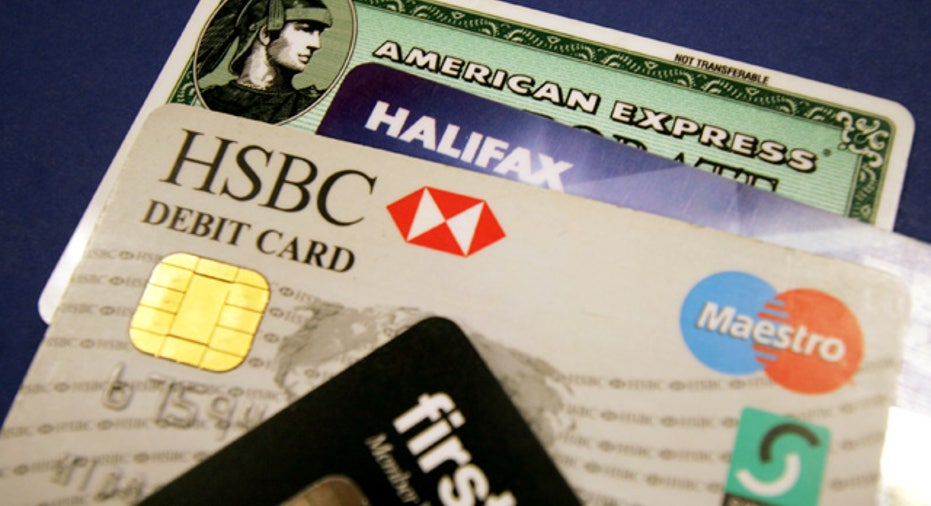Does Zero-Percent Offer Hurt Credit Score?

Dear Credit Card Adviser,
I stumbled upon your column while doing a Web search on the following question: I have very good credit scores and recently opened a new cash-back card that has a 0% 12-month APR. I have always paid my credit cards and thus have never had a balance due. But neither have I ever had a 0% rate. I could pay off the balance with this new card, but wonder if taking advantage of the 0% and just paying it off in the next few months (and instead making a little interest holding onto my money in my savings account) would affect my credit score at all?
-Masa
Dear Masa,
Your credit score doesn't consider whether you carry a balance or not. You won't lose points just for taking advantage of a 0% interest offer and carrying a balance.What counts is the balance showing on your credit report each month compared to your credit limit. About 30% of your FICO score, the most-widely used credit score, comes from the amounts you owe on credit accounts.
One important component of this category is something called utilization -- the ratio of balances to credit limits on revolving accounts, such as credit cards or retail store cards. It's calculated for each revolving account, as well as all of your revolving accounts added together. A spokesman for FICO, the company that created the FICO credit score, has said there is no threshold for utilization above which scores decline and below which scores improve . In general, the lower your utilization, the higher your score will be.
The good news is if you do charge a high balance to the new card your utilization will improve as you pay down the debt . Your credit score will reflect the most recent balances from your credit report -- as opposed to a history of previous balances. All other things being equal, your score should increase over time as the debt gets smaller.
That's a long-winded way of saying that yes, a balance that consumes most of your available credit could lower your score temporarily but your score should improve as the balance shrinks.If you are concerned that a lender or some other company checking your credit would see a lower score because of the debt on your new account, I would recommend the following:
--Don't use most of the credit limit. Even if your overall utilization is reasonable, maxing out any one account is bad for your score.
--Make fat payments. While you won't gain points just for paying more than the minimum, you can improve in the amounts owed category by paying off large chunks of debt each month.
--Keep balances on other credit cards low. While you can't hide debt on one account by charging small amounts to other cards, charging up all of your credit cards will worsen the impact to your score.
Don't forget to figure out how large your monthly payment should be so that the debt is paid off before the introductory APR expires. To do this, divide your debt total by the number of months you have left in the promotional period. Pay that amount each month. To make this calculation for a card with a low interest rate, use our credit card payoff calculator .
In summary, you shouldn't be afraid to take advantage of a 0% introductory rate, but know that placing a large balance on your new credit card may cause your credit score to appear lower to anyone who checks it until you pay down the debt. Minimize the impact by keeping balances on other accounts low and making sizable payments each month.
Bankrate's content, including the guidance of its advice-and-expert columns and this Web site, is intended only to assist you with financial decisions. The content is broad in scope and does not consider your personal financial situation. Bankrate recommends that you seek the advice of advisers who are fully aware of your individual circumstances before making any final decisions or implementing any financial strategy. Please remember that your use of this Web site is governed by Bankrate's Terms of Use.



















